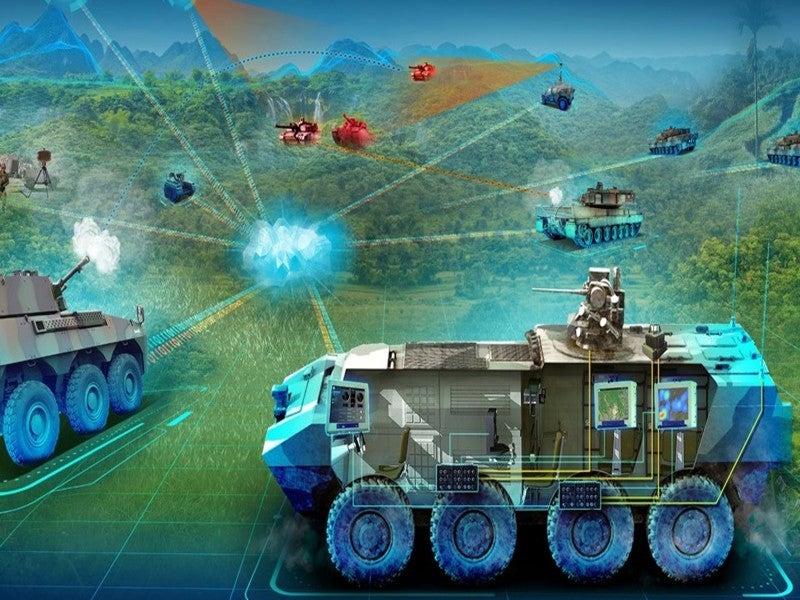
The European Defence Agency (EDA) has launched a new project to enhance the automatic target/threat recognition, identification, and targeting for land systems (ATRIT).
Launched on 13 January, the project is valued at approximately €2m and has a performance period of 18 months.
This ATRIT effort is being managed by the EDA as a ‘Category-B project’, and co-funded by member nations and other participants interested in joining the project.
The programme aims to address future requirements of European militaries to equip their soldiers with more technologically effective platforms and weapon systems.
The project’s initial phase is being led by Germany and will involve the participation of other member nations including Greece, Norway, France, Poland, and the Netherlands.
This phase will be executed by a consortium led by German company Rheinmetall.
How well do you really know your competitors?
Access the most comprehensive Company Profiles on the market, powered by GlobalData. Save hours of research. Gain competitive edge.

Thank you!
Your download email will arrive shortly
Not ready to buy yet? Download a free sample
We are confident about the unique quality of our Company Profiles. However, we want you to make the most beneficial decision for your business, so we offer a free sample that you can download by submitting the below form
By GlobalDataOther multi-nation companies in the consortium include France’s Safran and Thales, Germany’s Industrieanlagen-Betriebsgesellschaft (IABG), Greece’s Integrated Systems Development (ISD), Polish company PCO, the Netherlands Organisation for Applied Scientific Research (TNO) and Thales’ Dutch subsidiary, and Norway’s Rheinmetall.
Under this phase, the companies will work on the design system architecture and determine associated requirements to develop a cross-platform capacity for allocating military targets on the basis of their behaviour.
According to the EDA, ATRIT analysis will depend on different modules such as the integration of fused sensor information, target allocation, 360° situation awareness, human behaviour, and the presentation of fused data, including command, control, communications, computers, and intelligence (C4I) data, historical and real-time sensor data.
In the second step, the EDA aims to develop a physical demonstrator and test it in an operationally relevant environment.
The new platform is expected to feature enhanced software, better automatic target identification, and the capacity to fuse different sensor data to simplify it for use by warfighters.







